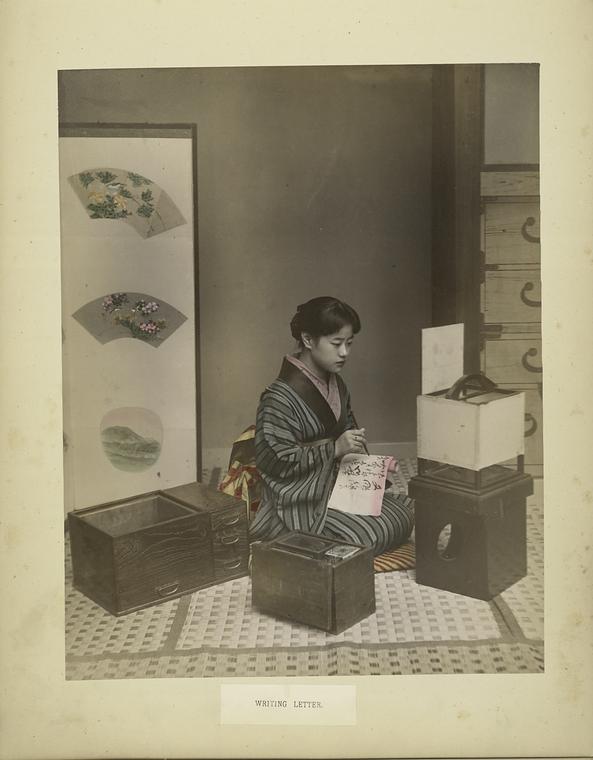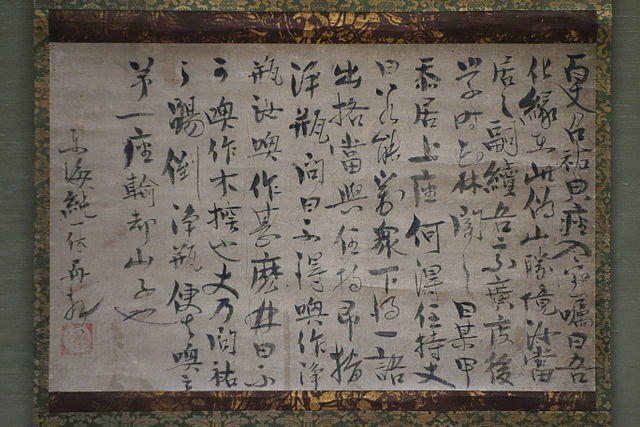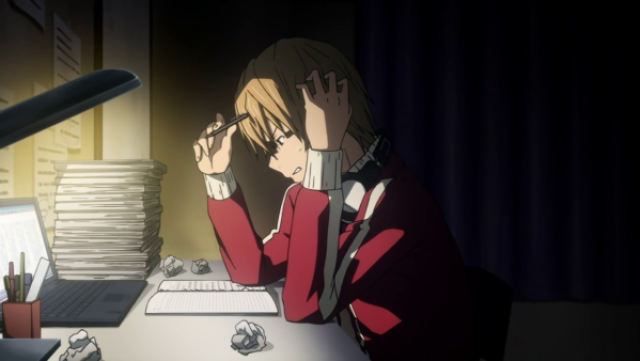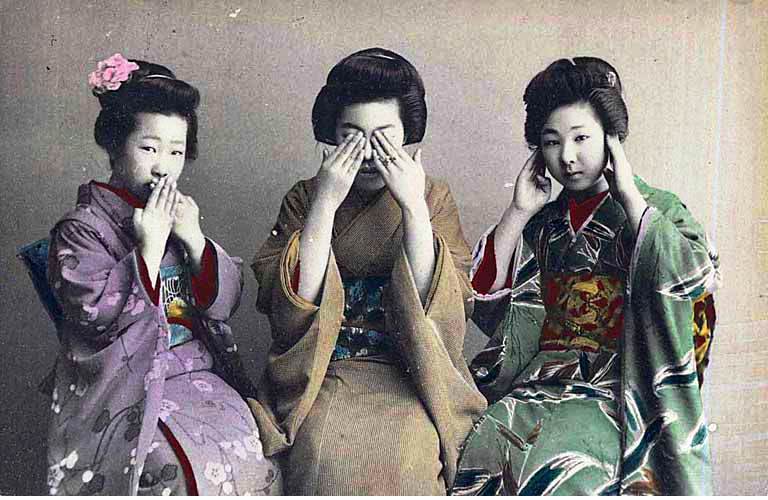If you’ve considered writing a book, here’s the reality: your book won’t be read. Okay, it will be read by friends, family, and a few others, but becoming a full-time author is a moonshot, a lottery win. It’s possible (and yes, hard work matters) but the probability works against you.
According to Gallup, Americans read 12.6 books a year. Americans spend 0.28 hours a day reading, about 17 minutes a day (US Department of Labor, 2021). Data from 2018 states 1.6 million books were self published in the US (Bowker, 2019). Remember, this number is only for self-published books; it excludes traditional publishing. If you look at the report, the grand total is close to 4 million books in a single year. It’s a safe guess to project this number has become higher since that study was published. So your book is 1 in 1.6 million (or 1 in about 4 million). That excludes all the books that have been published in the past. Google, as of 2019, has scanned a total of 40 million books across 400 languages (Lee, 2019).
Now add in the fact people don’t read much at all and spend more time on video and phones and consuming other content than reading books. You see, books may compete against each other, but digital media offers the most dangerous competition. In a survey of baby boomers and millennial cohorts, the baby boomer generation spent an average of 5 hours on their smartphones with millennials averaging 5.7 hours (Provision Living, n.d.) a day.
Books don’t fair well against digital media because books require focus, time, and effort. It seems odd to us readers to say books require effort, but compared to passive media like YouTube, you have to work to read. You have to parse the words, generate mental images, and track various events, characters, facts, and other bits of information. Whereas with video, all the information is fed into you. It takes less effort to track the characters and the less-complex stories (compared to good books) that video offers. The imagination doesn’t have to generate anything when you watch a video. Likewise, video allows for less-focused consumption. You can watch TikTok videos in no time at all. A book, however, takes a multi-hour dedication; it may be spread across many days or weeks, but it still more of a dedication than digital media demands.

These “problems” for books are also strengths. Reading counters the lack of focus too much digital media consumption creates. Reading trains your mind to track a large number of facts, personalities, events, and ideas over a longer period of time than a movie requires. The act of reading also strengths your ability to visualize people and objects and settings.
I aim to read at least a book a week. Sometimes I succeed; sometimes I exceed and read several books in a week. Whenever I read, because my mind is practiced, it takes only a few sentences before I no longer see the page of a book. Instead, my mind generates a movie from the words I read but no longer see. I remain aware of my surroundings, but I no longer see them. My reading ability lacks compared to others, who can imagine sounds and scents. Reading offers a rich experience if you work at it, but, as the data shows, people are losing or have lost the skill.
So when I say people won’t read your book (or mine), it is because of how digital media has allowed the skill of reading to atrophy and disappear. If people wanted to read, they would reduce those 5 hours of phone time in exchange for books. When it comes down to it, as Elle Griffin (2021) wrote from an interview:
“One of the biggest ironies about this business is that there are lots of people who want to become authors, but that doesn’t necessarily equate with the number of people who are voracious readers,” says Rachel Deahl, news director at Publishers Weekly. “There is a disconnect. Not enough people read enough books.”
The skill of reading well–to the point where words disappear for the movie your imagination creates–disappears. Fortunately, we can as a culture elect to revive this skill, but that requires unplugging from our phones and other digital distractions and retrain.
Now, I would be remiss to not touch on manga. This is, after all, JP. Manga forms a bridge between passive media and reading. Manga offers passive aspects through its drawings, but it still allows room for imagination to fill in the gaps between frames and the emotional context of the dialogue (not to mention you have to interpret the drawings). I’m biased toward novels since I grew up reading them, but manga is an excellent way to read in its own right. But for those who want to edge back into reading novels and nonfiction, manga can provide a bridge if you haven’t read anything in a long time.

I don’t write this to discourage your from writing your own books (or to discourage myself!), but this is the reality we live in. Books struggle to find readers. While the open access writers have is wonderful with the advent of digital self-publishing, it’s harder to stand out, even with a quality book. It is harder still to make a meager living at it. As Griffin (2021) relates:
“The fantasy that you’re going to become an author and get rich doing it is misguided,” Deahl says. “Very few people become rich, and very few people even earn a living doing it. Most books don’t succeed. When you think about it, it takes some people 10 years to write a book. Even at $15 an hour, over 10 years you will be paid more at minimum wage than you will earn on the book.”
The assessment holds true even if you can write faster. Breaking even with self-publishing over a few years of doing it, is doing well. Certainly, there are many authors who make a good side income writing books. Luck plays a role in all of this. As much as we don’t like this fact, Fate is out of our hands. We can work hard and not succeed while others put in a minimum effort and strike oil. What we can control, however, is our our work and perspective. We can take pleasure in the writing and the producing of a book regardless of the financial success. We can even enjoy the advertising game. But beyond all this, you can’t influence Fate. Either your book will be found and sell, or it won’t. You can’t control any of that. You can only give the book the best chance of being seen as part of your work.
So if you want to write, write for the sake of the writing. Don’t do it with the expectation of striking it rich or being famous. These might happen, but they sit largely beyond your control. You can only control your thoughts, emotions, and actions.
References
Bowker (2019) Self-Publishing Grew 40 Percent in 2018, New Report Reveals https://www.bowker.com/en/news/2019/self-publishing-grew-40-percent-in-2018-new-report-reveals/.
Gelles-Watnick, Risa; Perrin, Andrew (2021) Who doesn’t read books in America? Pew Research Center. https://www.pewresearch.org/fact-tank/2021/09/21/who-doesnt-read-books-in-america/
Griffin, Elle (2021) No One Will Read Your Book https://writingcooperative.com/why-no-one-will-read-your-book-caa0e77ed5aa
Jones, Jeffrey (2022) Americans Reading Fewer Books Than in Past. Gallup. https://news.gallup.com/poll/388541/americans-reading-fewer-books-past.aspx
Lee, Haimin (2019) 15 years of Google Books. https://www.blog.google/products/search/15-years-google-books/
Provision Living (n.d.) Smartphone screen time: baby boomers and millennials. https://www.provisionliving.com/smartphone-screen-time-baby-boomers-and-millennials/
US Department of Labor (2021) American Time Use https://beta.bls.gov/dataViewer/view/timeseries/TUU10101AA01006315





Thank you.
I don’t feel bad for having common experiences when it comes to creative pursuit, it was all mostly about the content I put out than anything I may be experiencing. Nowadays I just tell people about my story’s spoilers and everything. Since it made me so indecisive in the past, I don’t feel bad just sharing it with the world in unfinished segments. It’s a relief. Just letting go of it, and to never look back.
Creating any sort of work or project takes mental energy, and with how I tend to think too much, writing a supposedly unique novel took too much of mine. I don’t need to make super different things, it’s okay. People tend to be alienated by things they can’t relate with after all
Coding is a very satisfying activity for me. I also do graphics and music, but it’s neat how code ties it all together into an interactive experience. My code is still not professional level, but I’m at a point of experience when I can code almost anything I want, provided it doesn’t rely on complex math or some very difficult know-how. For example, I made my own triangle-based collision system well-tailored for my game’s specifics. Since code allows one to make scripts and tools as well, I’d advocate for these computer skills to be taught more commonly to younger people, because automating things is very satisfying and lets us work with digital assets in both educational and efficient ways.
I know, I know, I just wish showing off wasn’t that important to me in the first place. It’s getting more tame now at least.
I’m glad for letting my thoughts be written in a comment, I’m sorry for commenting such walls of text on your blog. I enjoy reading this blog and I will continue to do so. (I actually have some plans to comment on older articles too, surely in a less wonky manner)
– Charles
Don’t worry about large comment blocks. Comments help other readers who may have similar thoughts or concerns, after all!
To touch on math in programming: I quickly learned to depend on simplified Euler physics. Not only are the equations easier to understand, they also run faster in your game loop. Square roots are terrible for performance, especially when you are working distance formulas for collisions.
It sounds like your writing work served its purpose: you learned something about yourself! There’s no such thing as useless creative projects. Even “failures” and abandoned projects teach us something. And learning in any form is a success. We just have this strange idea that success = money + fame. True success is about self discovery, and “failure” is the best means to achieve that.
This is very well written.
I fell into a trap with writing, but probably into a different one than money or huge success – I focused on showing off original ideas and bizarre depictions of a story that my mind produced in November 2013 when my schizophrenia started. I focused on the aspect of shocking people and twisting common expectations and clichés. I made a story about three universes made of almost nothing but hexagonal, square and triangular prisms (only three shapes of regular tessellation)— Blue, red, green, Freezing, hot, poisonous as climate extremes where nothing living would exist, where the main cast tries to make the worlds into habitable places through limited magical resources. It was further fed by my inspiration from a very niche Japanese MMORPG and elemental philosophies, color philosophies – eventually there are also yellow hexagon, cyan square and magenta triangle universes — the opposite colors of Blue/Red/Green, combining those together with events from 2013, I created something really unusual, eventually leading myself to rewrite an isekai story out of it in 2019.
However, after 2019, pure despair ensued. I spent three painful years fighting between deciding if I should draw a webtoon out of my story, or develop a small remake of the now shutdown Japanese MMORPG which was in English for a certain amount of time. The webcomic ambition caused me to even delete all of my game’s assets and source code, stating to myself that I will never give up on the webcomic — but after 5 or so days of diligent drawing, I gave up and continued with game development again. Similar circus repeated more than 50 times in those 3 long years, I was so extremely indecisive that I can call it the dark ages of my creative life. ….Eventually the webcomic was “reduced” to a novel, and I actually gave up on it recently, deeming it as too dramatic and banking on sad events and important characters even dying, all this for the egoistical thought that I would write something crazy to show off? I have some really childish problems I can tell.
I can sense that I can do game development out of enjoyment. and it is true about the irony that I’m not even a reader, myself. I don’t read manga or watch anime anymore either, but Japanese games (JRPGs especially) always made me impressed. I’m not relying on games as a strong storytelling medium however, and I realize their gameplay is more important. Whatever went over me for those 3 years, was an insane chimera that I don’t want to deal with in my life ever again.
Thank you for writing this article, I very much enjoyed it. I don’t care what happens with my story anymore, but I won’t feel too pushed to write it, especially since I don’t read literature much and neither comics. I’m attaining an opinion that originality is overrated as well. Knowing that odds are against me is reassuring, because unlike games, I sort of did it to appear cool. I hope I will be forgiven for being such a colossal baka. *sigh*
– Charles
Your creative experiences seem to touch on common themes I read in various creativity and writing books. It sounds like you’ve settled on game development as your area for expression. That’s wonderful! Code can be a work of art too with how it functions and the beauty of simplicity (when you have good code anyway; mine was always a snaggle when I did game development). Showing off isn’t an unusual motivation for creativity. Everyone wants to be noticed and appreciated.
(I followed the email link to reply, and it ended up posting it as a new chain, sorry about that.)